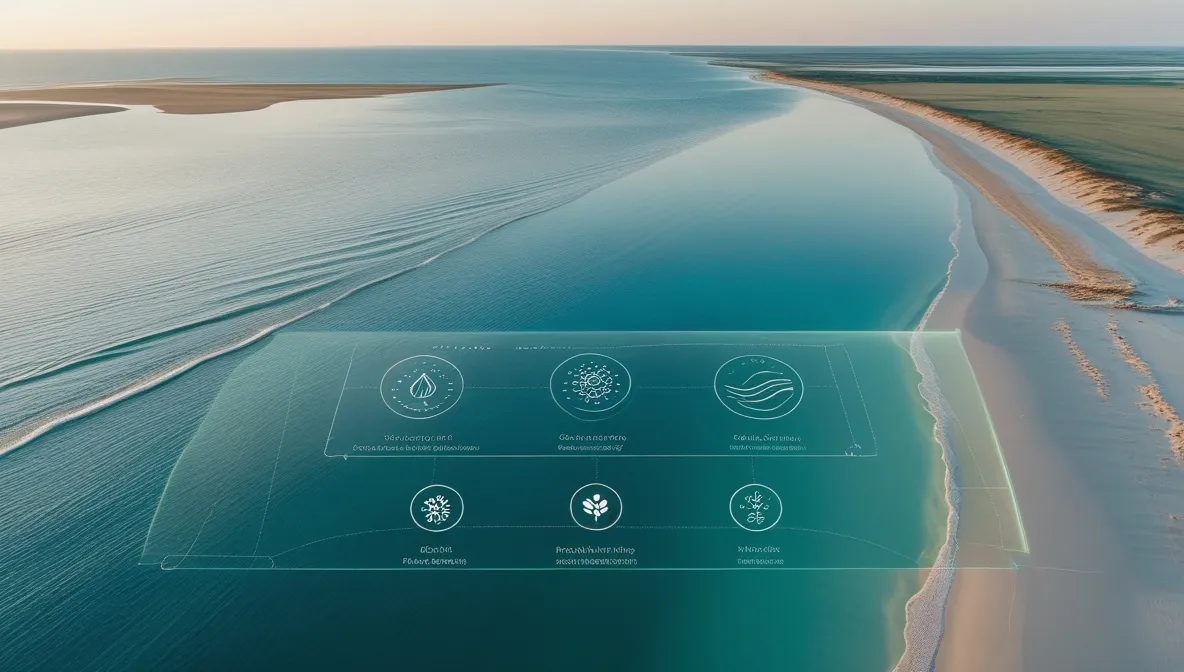Keeping the Caspian Calm: Russian Technologies Take Aim at Marine Sustainability
At the 3rd International Caspian Digital Forum, Russian telecom company MTS unveiled a suite of digital tools designed to monitor and protect the fragile ecosystem of the Caspian Sea — the world’s largest enclosed body of water.

A 'Digital Brain' for the Sea
MTS presented not just a set of services but a unified platform intended to become a 'digital brain' for managing the Caspian’s environmental health.
The initiative is built on two core elements: the creation of a single data operator to consolidate fragmented environmental data from multiple sources, and the deployment of a cloud-based platform powered by MTS Web Services and artificial intelligence algorithms for processing and visualizing that data.

This digital framework will make it possible to forecast sea level changes, detect illegal discharges, assess biodiversity, and support data-driven decision-making.
The project is already moving into practice. During the forum, MTS Web Services signed a cooperation agreement with the Ministry of Digital Development of Dagestan. The first stage — a pilot within the republic’s IT cluster — will test methods for collecting and processing diverse environmental data streams in the MTS cloud ecosystem.
“MTS has developed significant expertise in implementing such solutions,” said Director of the MTS branch in Dagestan. “Our environmental projects are already operating in ten regions of the country.
Collecting all available data on the Caspian, adding new monitoring points, and processing everything on a single platform will allow us to answer many unresolved questions about the Caspian basin.”

Scaling Sustainability
The MTS initiative marks a shift from isolated monitoring projects to a scalable national platform for environmental management. Earlier, Russia had announced the development of a 'digital twin' of the Caspian, while Roshydromet continues to provide a long-term data foundation for marine observation, including real-time ocean temperature maps and ice condition updates.
Between 2023 and 2024, the Ministry of Economic Development deployed 254 pilot sites for the national climate monitoring system — a network expected to expand to 1,317 sites by 2030. Adding to this foundation, MTS installed the first eight base stations in Dagestan, boosting connectivity for field-based environmental projects. Scalability remains a key advantage of the new platform: the concept of a 'data operator plus AI analytics' could easily be extended to other vulnerable water systems across Russia and beyond, with potential for export to Caspian partner nations.

One Truth in Data for the Caspian
By introducing a unified data operator, Russian cloud infrastructure, and AI-powered analytics, MTS is turning Caspian environmental monitoring into a stable, long-term platform rather than a patchwork of temporary projects. This approach strengthens technological sovereignty while creating a 'single source of truth' for scientists, policymakers, and the public.
A pilot project is set to launch soon, and in time, the effort could yield a fully functional digital twin of the Caspian — complete with predictive models for sea level changes and ecological risks. The success of this initiative could preserve one of the planet’s most unique marine environments and position Russia as a leader in high-tech environmental protection solutions.










































